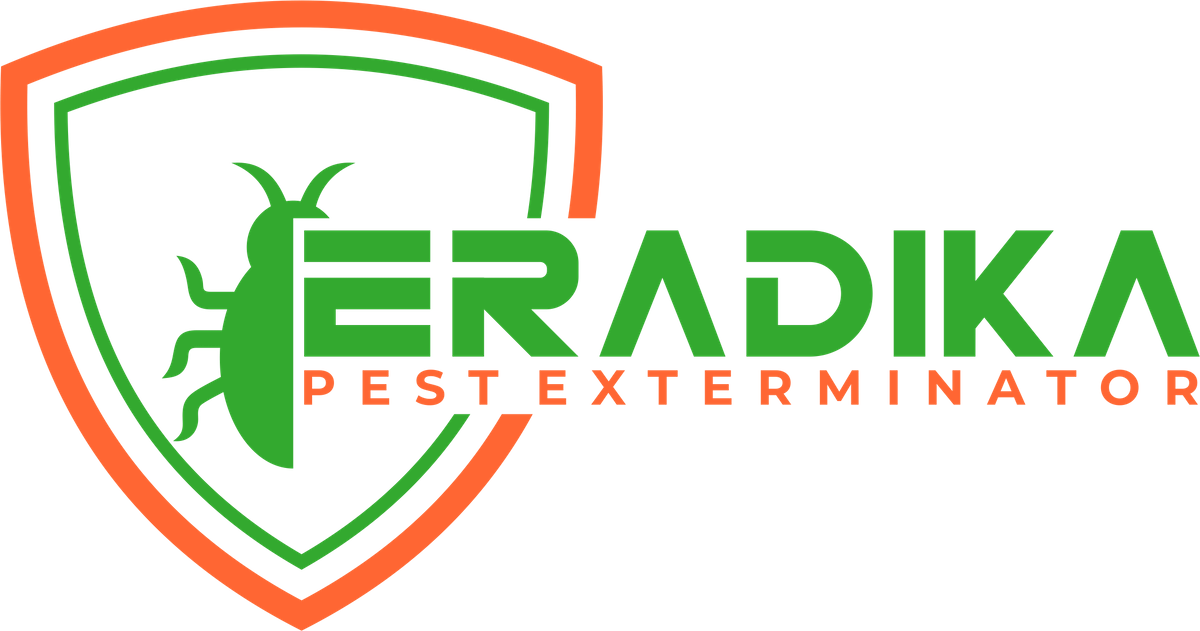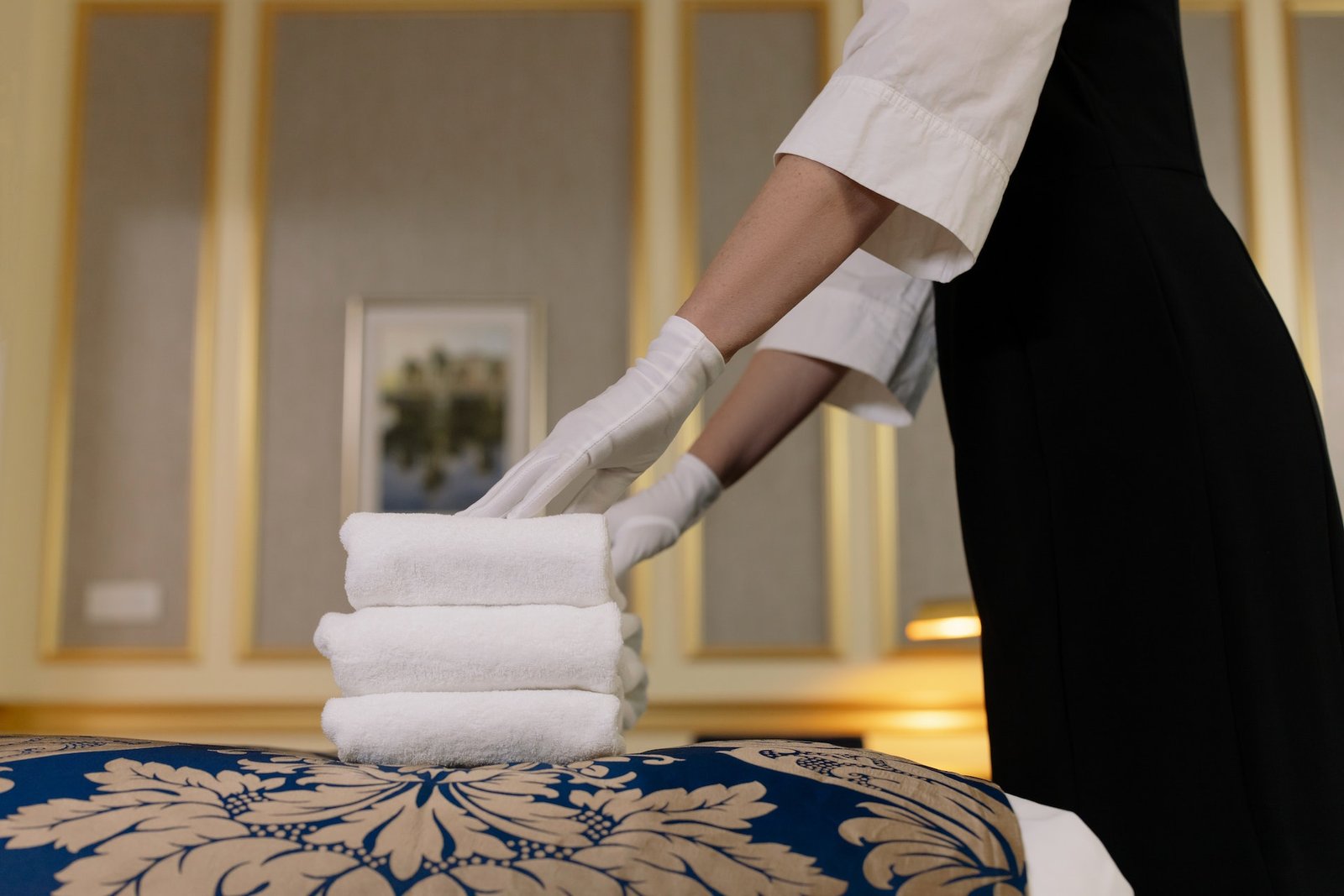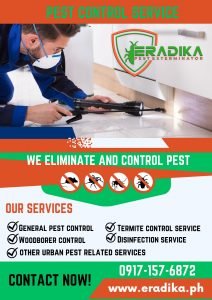Pests pose significant challenges to the hotel industry, affecting guest experience, reputation, and revenue. Implementing robust pest control measures is crucial to maintaining a pest-free environment. In this comprehensive guide, we will explore various aspects of pest control in the hotel industry, including types of pest control methods, pest-related challenges faced by housekeeping departments, common pests found in hotels, and the importance of setting pest control goals.
Types of Pests Found in Hotels
Hotels can be susceptible to various pests, including:
- Bed Bugs – These elusive, blood-sucking insects hide in mattresses, furniture, and upholstery, causing discomfort and potential guest complaints. Bed bug infestations can quickly spread if not addressed promptly.
- Cockroaches – Common carriers of diseases, cockroaches thrive in warm and moist areas, such as kitchens and storage rooms. They contaminate food, leave behind droppings, and can negatively impact the overall cleanliness of the hotel.
- Rodents – Rats and mice can cause significant damage to property, contaminate food, and transmit diseases. They can chew through wires, causing electrical hazards, and undermine the structural integrity of the building.
- Flies – Flies pose health risks and are attracted to food preparation areas, waste disposal sites, and outdoor spaces. They can contaminate food and spread diseases through contact with surfaces.
- Ants – Ants are attracted to sugary and greasy substances, making them common kitchen pests. They can infiltrate food storage areas, contaminate food items, and create unsightly trails.
Types of Pest Control in Hotels
To effectively combat pests, hotels employ various pest control methods, including:
- Chemical Control – The use of targeted insecticides, rodenticides, and other chemicals to eliminate pests. This method involves careful application by trained professionals to minimize risks to human health and the environment.
- Biological Control – Utilizing natural predators or parasites to control pest populations. For example, releasing beneficial insects like ladybugs to prey on aphids or using nematodes to target specific pests in outdoor areas.
- Physical Control – Installing barriers, traps, or screens to prevent pest entry. This may include sealing cracks and gaps, installing door sweeps, or using fly screens on windows and doors.
- Cultural Control – Implementing proper sanitation practices, waste management, and regular maintenance to reduce pest habitats. This includes promptly removing food waste, keeping storage areas organized, and maintaining cleanliness in all areas of the hotel.
- Integrated Pest Management (IPM) –A comprehensive approach that combines multiple pest control strategies to achieve long-term pest management. IPM emphasizes prevention, monitoring, and targeted treatments based on pest biology and behavior.
Pest Control in the Housekeeping Department
The housekeeping department plays a crucial role in preventing and managing pests. Key considerations for effective pest control in housekeeping include:
Regular Inspections
Conducting routine inspections to identify signs of pest activity or potential entry points. This includes checking guest rooms, storage areas, laundry rooms, and back-of-house spaces.
Proper Waste Management
Implementing waste disposal procedures that minimize pest attraction. This involves using sealed containers, disposing of garbage regularly, and ensuring proper hygiene in waste storage areas.
Sanitation Practices
Maintaining cleanliness and hygiene throughout the hotel premises, including guest rooms, common areas, and food handling areas. Thorough cleaning, disinfection, and adherence to food safety guidelines are essential to prevent pest infestations.
Staff Training
Providing comprehensive training to housekeeping staff on pest identification, prevention, and reporting procedures. Empowering employees to recognize early signs of pest activity and report them promptly is vital for swift action.
Collaboration with Pest Control Experts
Engaging professional pest control services to conduct regular inspections, treatments, and provide expert advice. Trained pest control technicians can identify potential risks, implement targeted treatments, and offer guidance on long-term prevention strategies.
Setting Pest Control Goals in the Hospitality Industry
To effectively manage pests, hotels should establish clear pest control goals, including:
- Prevention: Implementing proactive measures to prevent pest infestations, such as regular inspections, sealing entry points, and implementing sanitation protocols.
- Early Detection: Conducting frequent monitoring to identify pest activity and promptly address any signs of infestation.
- Response and Treatment: Having a structured plan in place to address pest issues promptly, including engaging professional pest control services.
- Documentation and Record-Keeping: Maintaining detailed records of pest control activities, inspections, and treatments to track progress and compliance.
- Continuous Improvement: Regularly reviewing and updating pest control strategies based on emerging trends, best practices, and feedback from guests and staff.
Effective pest control in the hotel industry is crucial for maintaining a safe and comfortable environment for guests. By implementing comprehensive pest control strategies, including regular inspections, staff training, and collaboration with professional pest control services, hotels can minimize pest-related issues, safeguard their reputation, and provide an exceptional guest experience.
Remember, proactive and consistent pest control measures are the key to success in the ever-challenging battle against pests in the hotel industry. To learn more, contact us today so our technicians can provide more guidance for your hotel business.


